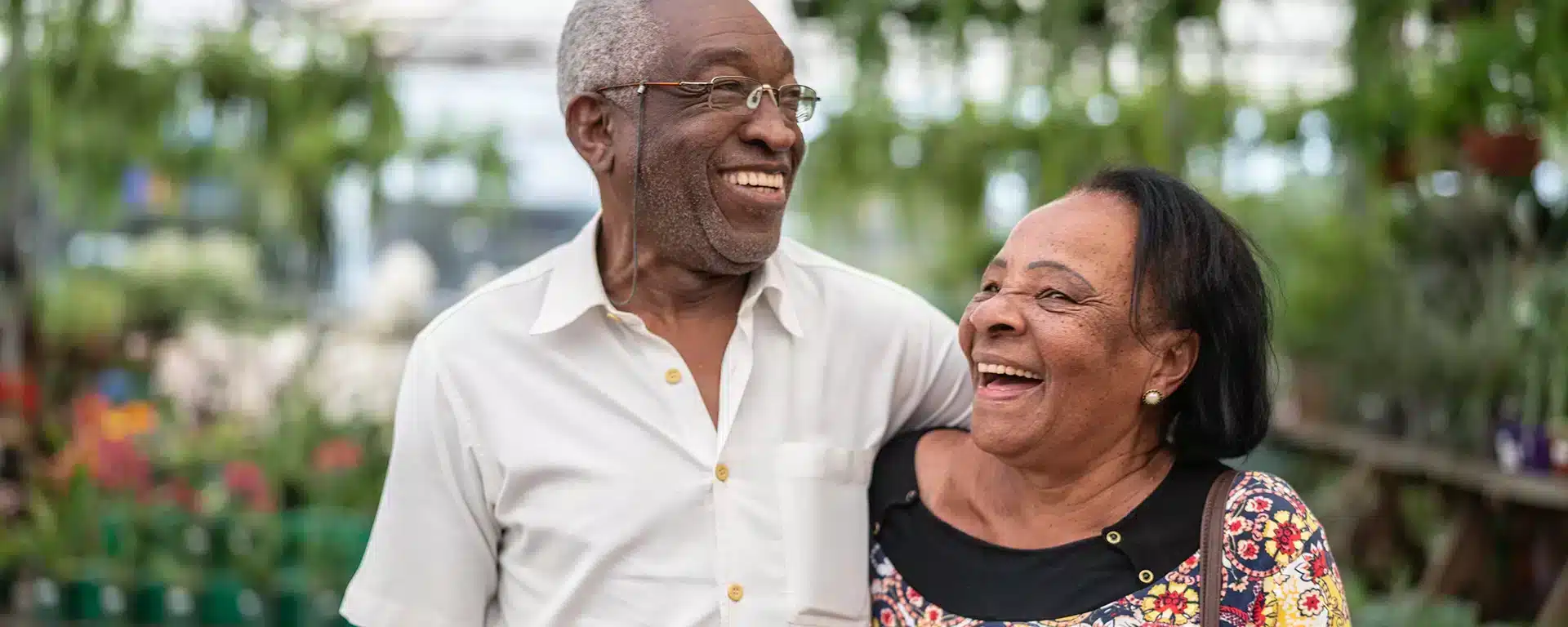The Power of Language in Fall Prevention
Fall prevention is an essential aspect of the safety and well-being of individuals of all ages, particularly older adults. To enhance their safety and quality of life, it is crucial to create supportive environments and promote inclusive language. The power of language cannot be underestimated, as it shapes our understanding and interactions with different groups of people. This article will explore the importance of inclusive and respectful language in fall prevention efforts.
The Power of Language
Language has the power to shape our perceptions, attitudes, and behaviors towards others. It can either reinforce stereotypical beliefs, promote acceptance, and understanding towards individuals who may be different from us. Hence, it is crucial to use language that is inclusive and respectful of all individuals.
Moving Beyond Stereotypes: Eliminating the Word “Handicap”
The term “handicap” is considered inappropriate and offensive when referring to individuals with disabilities. Using such terminology perpetuates outdated notions that individuals with disabilities are less capable and deserving of respect and dignity. Instead, we should use more appropriate language like “accessibility challenges” or “barrier-free environment,” which focuses on the physical environment rather than the individual’s disability.
Embracing Respectful Terminology: Avoiding the Word “Elderly”
The term “elderly” carries negative connotations and perpetuates ageism, which can harm older adults’ dignity and self-esteem. Older adults are not a monolithic group, and they have individual preferences, values, and needs. Rather than using the term “elderly,” we should use person-centered language like “older adults” or “seniors,” which recognizes their individuality and diversity.
Person-First Language: Rejecting the Term “Disabled”
Person-first language emphasizes the individual’s personhood and recognizes that someone’s disability is only one aspect of their identity rather than defining them. Using the term “disabled” can reduce someone to their condition, perpetuating stigmatization, and marginalization. Instead, we can use alternative phrases like “person with disability” or “person with a mobility impairment.”
The Impact on Fall Prevention
Using inclusive and respectful language can positively influence fall prevention efforts. By using appropriate terminology, we can create more supportive environments and improve communication between individuals, caregivers, and healthcare professionals. Respectful language promotes collaboration and inclusivity, which can ultimately enhance safety and improve the quality of life for individuals.
Using inclusive language in fall prevention efforts is a crucial aspect of promoting a safer and more welcoming environment for individuals. By eliminating outdated and offensive terminology, we can positively contribute to creating a supportive atmosphere and improving communication between individuals, caregivers, and healthcare providers. It is essential to embrace respectful terminology that recognizes individuality and diversity, promoting dignity and respect for all individuals.






